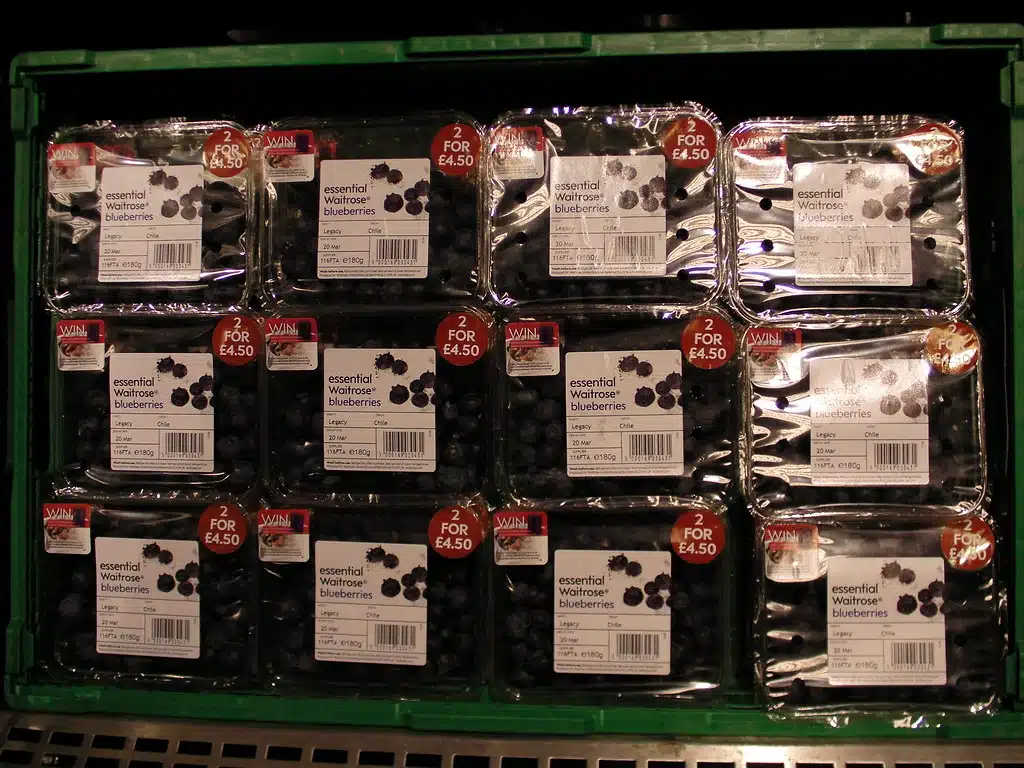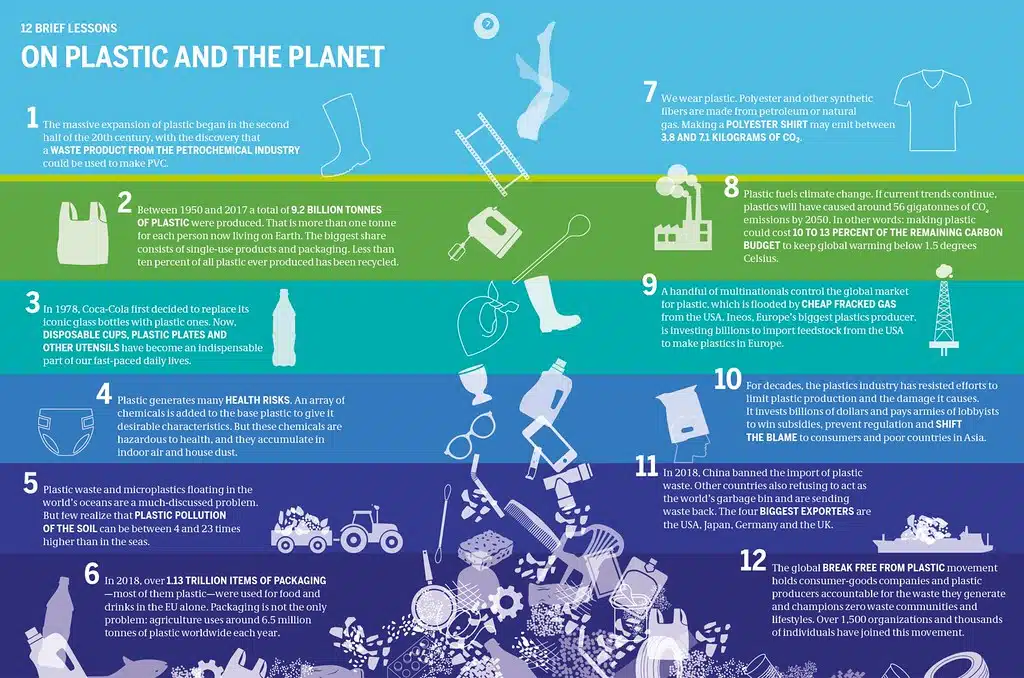Posted inQuestion about Japan
How wasteful is Japan?
Japan produces over 50 million tons of waste each year, impacting the environment in multiple ways. The country has implemented a 3R (reduce, reuse, recycle) approach to waste management which is carried out by local authorities. Consumers have become more aware of their own contribution and are taking steps to reduce their consumption levels. Businesses have also implemented policies to reduce paper and plastic consumption. The Japanese government has introduced laws requiring businesses to collect packaging materials from customers and launched an initiative to encourage citizens to upcycle discarded items instead of throwing them away. With continued effort from all parties involved, it should be possible for Japan to reach its goal of becoming a zero-waste society.



